Nigeria’s 2023 general elections comprising the presidential, National Assembly, governorship and state houses of assembly elections might have come and gone, but the echoes have continued to reverberate; they are not in a hurry to fizzle away.
Following the outcome of the elections, particularly the presidential election, and the Independent National Electoral Commission’s eventual declaration of the then candidate of the ruling All Progressives Congress, APC, Bola Ahmed Tinubu, as the winner, tongues have been wagging and discussions have continued around the process.
The two major opposition parties- the Peoples Democratic Party, PDP, the Labour Party, LP, and their presidential candidates, Alhaji Atiku Abubakar and Peter Obi, respectively, as well as about three other political parties, disagreed with the outcome of the elections and have since gone to the Presidential Elections Petitions Tribunal to challenge it.
Recall that many Nigerians, particularly the youths who trooped out in their numbers to make a change for the first time with their voters’ cards, were disappointed at the level of violence that characterised the process.
The elections have been described by some local and international observer missions as having fallen below the minimum standard of what free, fair and credible elections should be.
However, the APC has maintained its stand that the exercise was credible and a true reflection of the wishes of the people.
As the tribunal’s decision is being awaited, the hornet’s nest around discussions on the elections outcome appeared to have been stirred once more with the recent release of the final report on the findings by one of the foreign elections observer missions, the European Union Election Observation Mission (EU-EOM), on the February 25 and March 18 elections.
The EU-EOM, which worked for three months in Nigeria, between January 11 and April 11, 2023, had a total of 110 accredited observers from 25 EU member states, as well as Norway, Switzerland, and Canada.
Interestingly, they were in Nigeria at the behest of the country’s electoral umpire, the INEC.
According to the Chief Observer of the Mission and member of the European Parliament, Barry Andrews, the Mission was pleased to present its findings and recommendations after a three-month-long observation across Nigeria.
The report, which he said was in accordance with the EU-EOM’s usual practice, noted that shortcomings in law and electoral administration hindered the conduct of well-run and inclusive elections and damaged trust in the INEC.
The Mission, however, offered 23 recommendations for consideration by the Nigerian authorities as part of its contribution to improve the future elections in Nigeria.
“We are particularly concerned about the need for reforms in six areas, which we have identified as priority recommendations, and we believe, if implemented, could contribute to improvement in the conduct of future elections,” Andrews said.
According to the report, the six priority recommendations include the removal of ambiguities in the law, establishment of a publicly accountable selection process for the INEC members, ensuring that there is a real-time publication of and access to election results, providing greater protection for media practitioners, addressing the discrimination against women in political life, as well as addressing the impunity of the electoral officers.
Andrews further reiterated the need for political will to achieve improved democratic practices in Nigeria, stressing that dialogue between all stakeholders on electoral reforms remained crucial.
“The European Union stands ready to support Nigerian stakeholders in the implementation of these recommendations,” he submitted
The report was received with mixed reactions.
While the presidency and most supporters of the ruling APC cried wolf about the report, describing it as biassed and fraudulent, other well meaning Nigerians applauded it, saying that it only corroborated what most Nigerians already knew about the elections. Since the report was released a few days ago, it has become a case of different strokes for different folks.
Reacting to the report, the presidency, through the Special Adviser to the President on Special Duties, Communication and Strategy, Dele Alake, in a statement, dismissed it as an attempt to ridicule the Nigeria electoral system and its umpire, the INEC.
The statement noted that the processes that produced the report were faulty and the parameters used by the body exposed its inadequacies and inability to conduct credible monitoring.
Describing the report as predetermined, Alake alleged that the EU-EOM had manifested bias earlier in the run up to the elections, and that the report was merely collated to justify the group’s already manifested bias against the system.
The presidency, therefore, rejected the report for its inability to adequately reflect the largest and true picture of the election, especially the presidential election.
It also claimed that the body was only able to deploy 40 observers to the 36 states of the federation and the Federal Capital Territory, Abuja, even as it equally noted that the report was based on incidences from less than 1000 polling units out of 176,000 polling units.
It also described the 2023 general elections as the freest and most credible in the country since the advent of the current democracy in 1999.
Part of the statement from the presidency read: “With the level of personnel deployed, which was barely an average of one person per state, we wonder how EU-EOM independently monitored elections in over 176,000 polling units across Nigeria.
“We would like to know and even ask the EU how it reached the conclusions in the submitted final report with the very limited coverage of the elections by their observers who, without doubt, relied more on rumours, hearsay, cocktails of prejudiced and uninformed social media commentaries and opposition talking heads.
“We are convinced that what EU-EOM called the final report on our recent elections is a product of a poorly done desk job that relied heavily on a few instances of skirmishes in less than 1,000 polling units out of over 176,000 polling units where Nigerians voted on Election Day.
“We have many reasons to believe that the jaundiced report, based on the views of fewer than 50 observers, was merely to sustain the same premature denunciatory stance contained in the EU’s preliminary report released in March.
“We strongly reject, in its entirety, any notion and idea from any organisation, group and individual, remotely suggesting that the 2023 election was fraudulent.”
The presidency, however, expressed satisfaction that other observers of the elections from both local and international organisations, which it dubbed credible, had affirmed that the last general elections were the freest since 1999.
However, some analysts are of the view that President Tinubu should not have bothered himself with the EU-EOM’s report since he did not conduct the elections.
As a participant in the elections, it is their belief that INEC and former President Muhammadu Buhari, not Tinubu, would have been in a better position to react to the report since they were the ones involved with the conduct of the election.
One of those who hold this view is a journalist and public affairs analyst, Lemmy Ughegbe.
He expressed surprise at the reaction of Tinubu and his team to the report, saying it was nothing but just a rehash of what the Nigerian civil society organisation’s situation room had released as their findings on the election.
“I am worried because Tinubu did not conduct the elections; he was a candidate. So, why should he even bother about jumping into this discussion when he should leave the INEC and Buhari of course, to deal with it? It is not his business because he didn’t conduct the elections. He should just concentrate on issues of governance,” he said.
He added: “The worry in all of these is the fact that Tinubu on inauguration day and thereafter has spoken as if the election was perfect, which is a disservice to honesty, and a slap on the face of Nigerians, who participated in the elections and are witnesses.
“The National Assembly elections and the presidential elections were held on the same day and time. The INEC officials were able to upload real time election results for the National Assembly, but when it came to that of the presidential elections, there emerged a glitch suddenly.
“The danger in Tinubu and his men describing the election as perfect is that the 2027 elections will be worse, because if you don’t admit to the flaws and the gaps, then there is a problem. No human endeavour is perfect but Tinubu and his men are saying that theirs is perfect.
“I am also worried that people like Dele Alake do not understand that by responding to this, they are even making sure that this controversy continues to fester. If they had kept quiet on it, it would just go.
“It is worrisome and makes one to nostalgically recall Nigeria’s patriot, the fine and noblest of gentlemen, late Umar Musa Yar’adua; a man who on his inauguration day in 2007, on the podium on a day that he should just bask on the euphoria of his inauguration as president, said that the elections that brought him to the presidency were fraught with irregularities and was prepared to commence electoral reforms.
“That is how the noble speaks on a matter like this. The work of human endeavour is never perfect; Tinubu and his minders, including Alake purport to say that the elections were perfect. They were never perfect, as they were riddled with irregularities, including voter suppressions.”
The LP has also reacted through its national publicity secretary, Obiora Ifoh, describing the report as impeccable and a reflection of the true position of the majority of the electorate.
He described the Presidency’s attempt to discredit the report as a failed attempt at face-saving.
Also, the PDP’s presidential candidate, Alhaji Atiku Abubakar, in a statement through his Special Assistant on Public Communication, Phrank Shaibu, has thrown his weight behind the report that the election was rigged in favour of Tinubu.
He affirmed the report that the election was marred by irregularities and failed to meet minimum standards of credibility.
A statement by Shaibu said: “Even the dead knew that the last elections lacked credibility. Even the electoral body has not been able to explain nearly five months after the election, why it has refused to upload the full results on its viewing portal. Even primary school children who did not vote know that INEC failed woefully and that Tinubu rigged the last elections.”
Shaibu wondered why the government would receive billions of dollars from the EU as an election fund but rejected the body’s comment.
He said: “the EU not only provided training for the INEC staff, but it also donated equipment for the INEC to conduct the polls. So, why would Alake claim that the EU has no right to speak when it was the largest single donor to the INEC? Mr. Alake should be quiet rather than try to defend the indefensible.”
For the publisher of CNK news and public affairs analysts, Chris Nwandu, he was not surprised at the presidency’s reaction as it was expected.
“You don’t expect the government to commend the report; after all they are the beneficiaries of that flawed election that is being contested.
“Practically, all the organisations that monitored the elections, including the situation room comprising various CSOs under the leadership of Madam N. Obi, have described it as tardy elections.
“What did they say? They said that contrary to the INEC’s promise, there was no real time upload of the presidential election result and that is the fact because even INEC has not disputed that.
“But, what the Federal Government is saying through the presidential spokesperson, Alake, is that you cannot use the infractions in about 10,000 polling units to rubbish the results of over 176,000 polling units.
“So, to him, 10,000 is not high enough and the figure is even more than the 10,000 they are talking about. The fact is that the election was flawed and anybody that says otherwise is only trying, like an ostrich, to bury his head in the sand,” he said.
He further disagreed with the presidency, saying, “These are independent observers; the EU observers are not Nigerians, who came to monitor the election and they wrote their report after the elections.
“What I expected the government to have done was to accept the result and look at the way it can ensure that such infraction doesn’t happen again.
“The INEC should also sit down and take a holistic look at the report given by, not only the EU, but also other election observers who have also turned in their reports.”

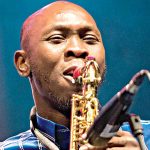
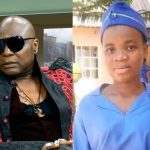
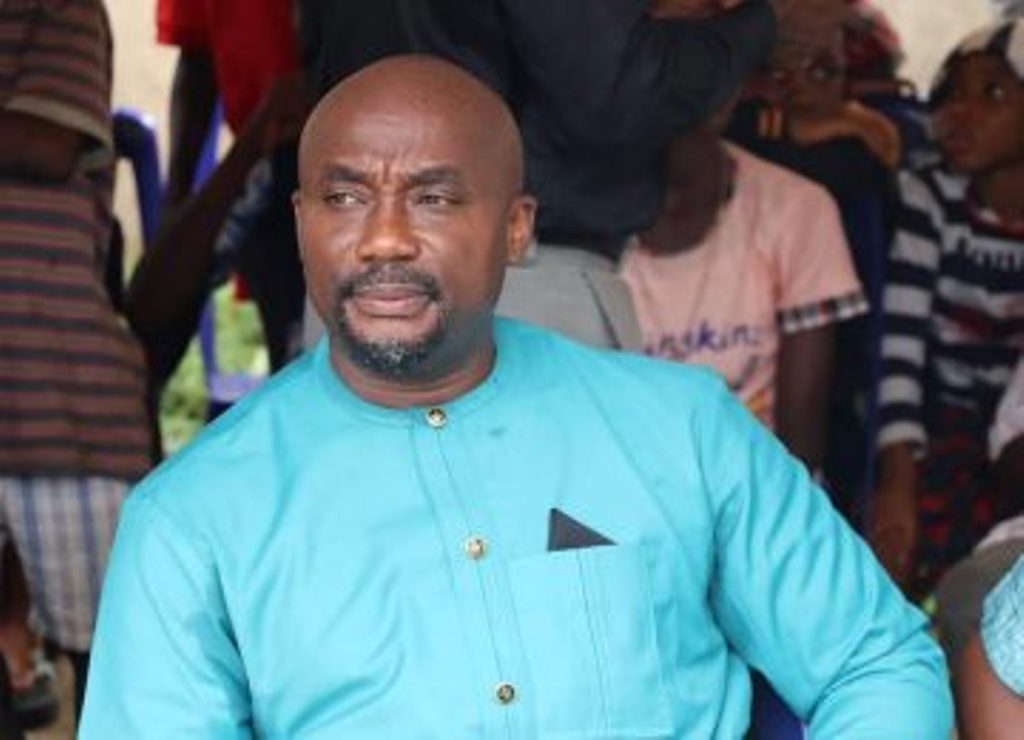
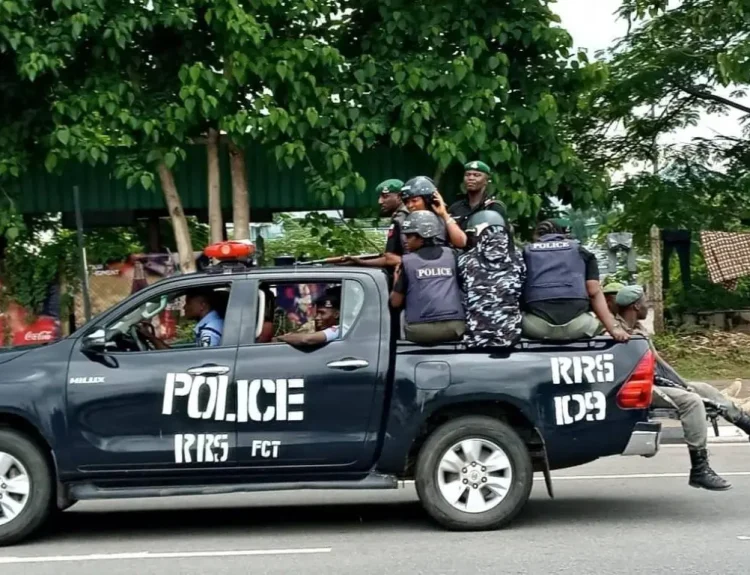
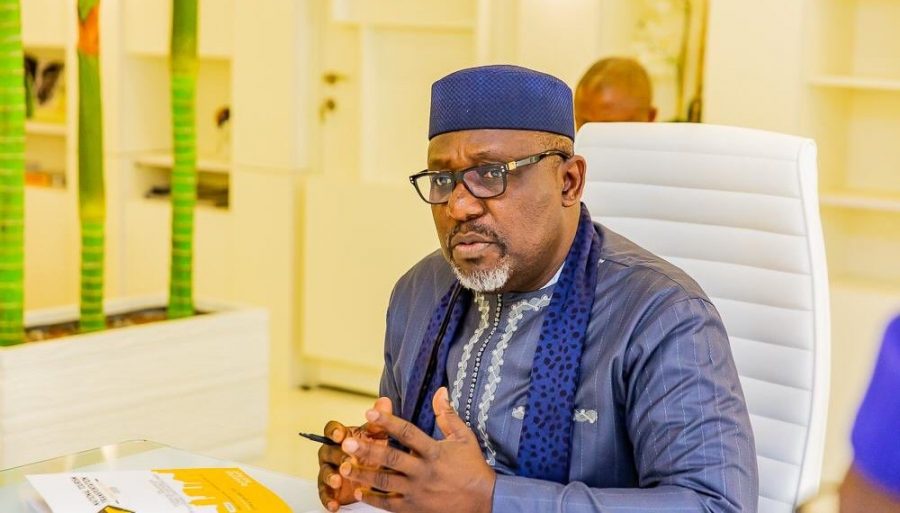
2 Comments